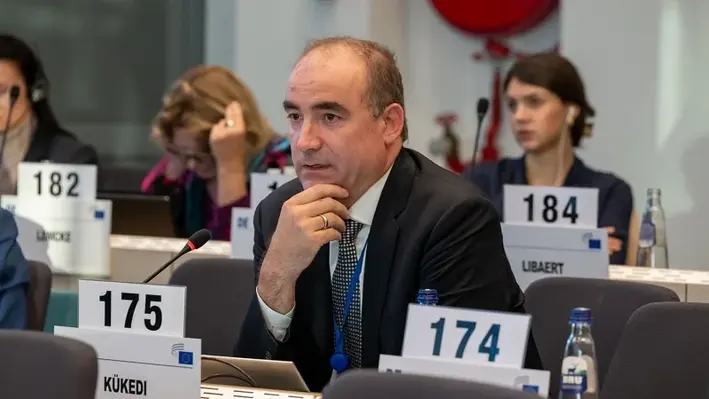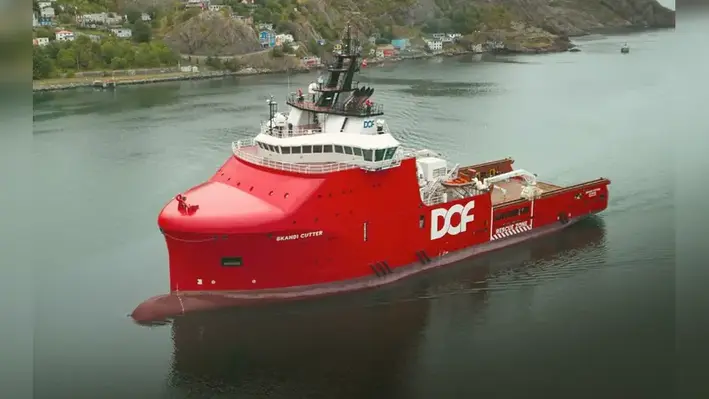
At the October plenary session of the European Economic and Social Committee (EESC), the significant untapped potential of geothermal energy in Europe was explored with members emphasising the resource as an essential part in the forthcoming energy transition.
Members Zsolt Kükedi, and Thomas Kattnig led these discussions, underlining how the low-emissions resource could help the EU reduce its dependence on fossil fuels and support decarbonisation.
“Geothermal energy can make a useful contribution to achieving the EU’s 2050 climate neutrality goals,” said remarked Kükedi.
“Its potential is unexploited and the European Commission should move immediately to put together a comprehensive strategy to make use of the resources it provides,” added Kattnig.
While the potential is near limitless, the committee was quick to point out that investment in geothermal power plants will not work without financial help at national level. Specifically, government funding and incentives will be required in order to attract and de-risk initial investments. Moreover, changes in energy policy or financing can affect the attractiveness of geothermal projects.
To bring geothermal projects online, therefore, the committee stated that the risks need to be accurately identified and that this process should be carried out with local communities with a view to increasing public acceptance.
The statement from the committee concluded by noting that currently geothermal energy is still not very developed across Europe, and its real potential remains unassessed due to insufficient geothermal resource mapping. However, as explored by the International Renewable Energy Agency, geothermal energy, as a long-lasting and cost-effective source of renewable energy, has the potential to stabilise electricity grids and partly offset risks connected to the fast deployment of variable renewables.




